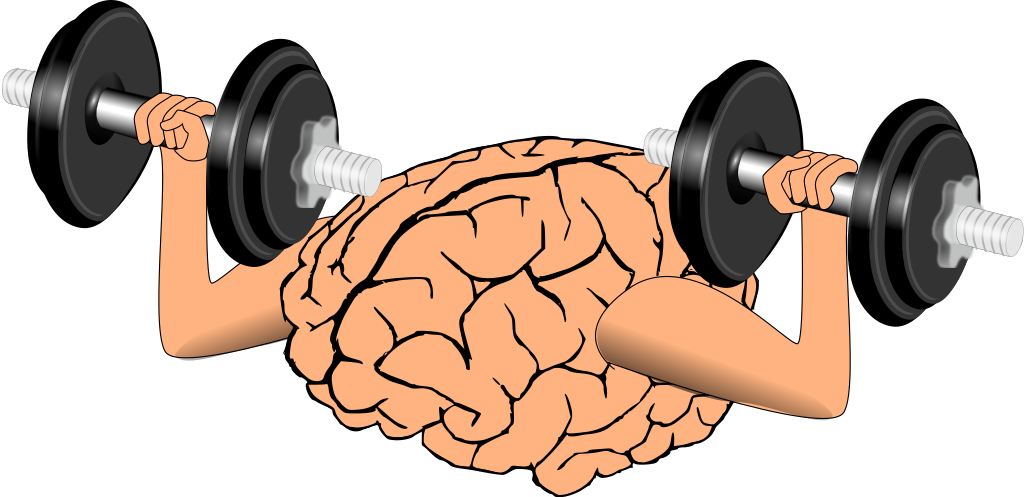Deterioration of cognitive capabilities is a normal part of aging, especially in the case of attention. But, is it possible that physical and mental exercises might slow down or even reverse nature’s effects? In a 2020 article published in PeerJ, researchers Wang and Guo sought to answer this very question.
Attention is an important brain function which provides us with the ability to effectively respond to and interact with the surrounding environment. This ability is regulated by three interdependent factors: orienting, alerting, and executive control. The orienting factor allows us to be selective when bombarded with multiple sources of stimuli. The alerting factor promotes vigilance and readiness. Lastly, the executive control is involved with conflict supervision and resolution. This study was designed with these components in mind.
Wang and Guo decided to focus on the impact of exercise on attention in older adults. Two hundred fifty-nine subjects, ranging between 60 to 81 years of age, were selected to participate. The subjects were randomly divided into three groups: closed-skill group, open-skill group, and sedentary control group. The closed-skill exercise is predictable and stable, while open-skill is unpredictable and dynamic. For example, the open-skill exercise was a more reactive sport such as table tennis, and the closed-skill exercise was a more invariable activity like walking on a treadmill. Moreover, open-skill exercise included both physical and mental training. Prior to any treatment, all participants were tested on the aforementioned factors of attention to provide a baseline.
Both the closed-skill and open-skill groups participated in their respective types of exercise for 30-minute intervals three times per week. At the conclusion of the study, the participants underwent the same test as previously administered. The open-skill group had significantly more efficient executive control than did the closed-skill or sedentary groups. Additionally, the closed-skill group had considerably higher scores in executive control than did the sedentary group. No significant differences were found among any of the groups in orienting or alerting scores.
It is common knowledge that physical activity is beneficial for overall health. The results of this study shed some light on the positive effects exercise has on cognitive processes. Physical and mental training were shown to improve problem-solving abilities. Perhaps, keeping the mind and body active may prove to counteract life’s impact on attention.
Categories:
Exercise may improve aging’s effects on attention
Tea Webster, Contributor
April 6, 2020
0
Donate to The Tiger
Your donation will support the student journalists of Clemson University. Your contribution will allow us to purchase equipment and cover our annual website hosting costs.
More to Discover















